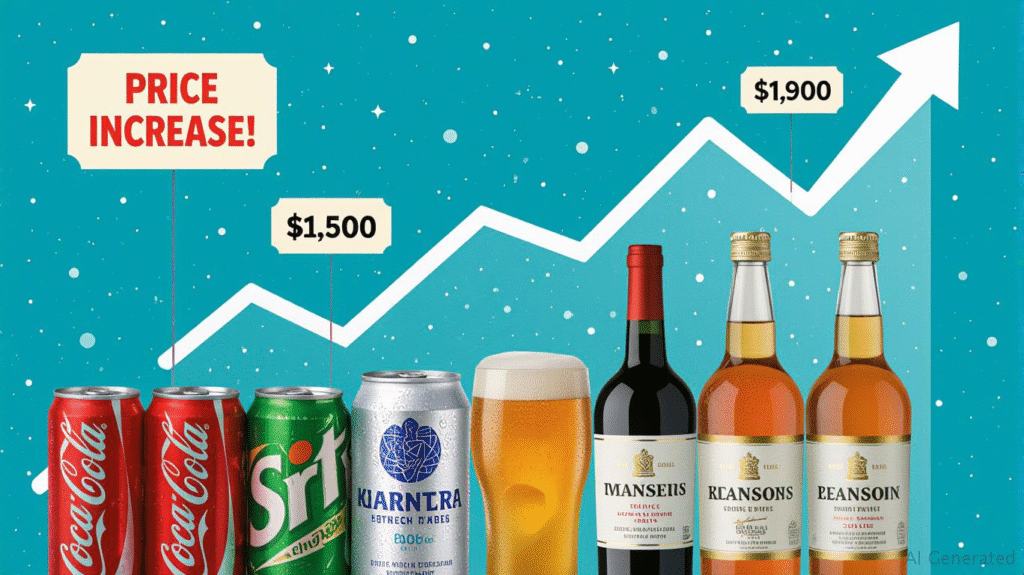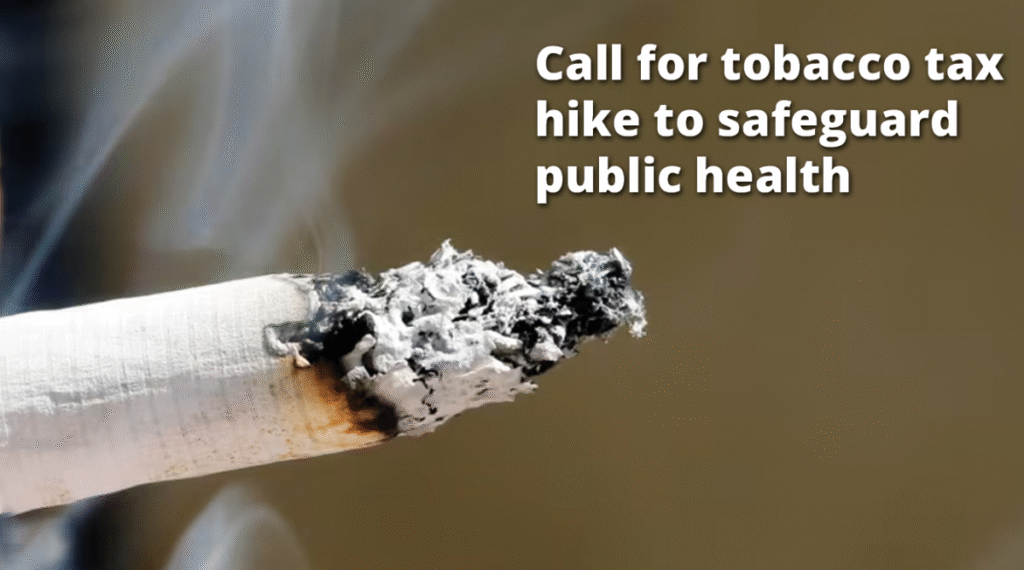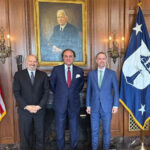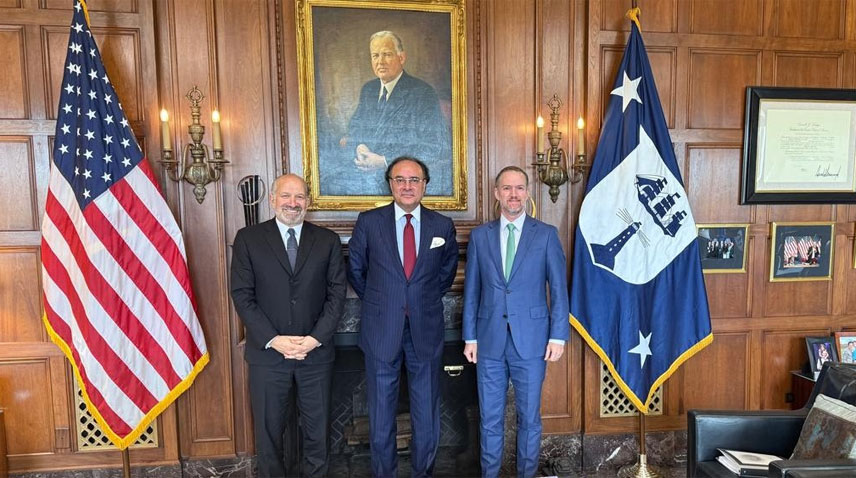In a landmark move aimed at reducing the global burden of noncommunicable diseases (NCDs), the World Health Organization (WHO) has launched the ambitious “3 by 35” Initiative, urging countries worldwide to increase real prices on tobacco, alcohol, and sugary beverages by at least 50% by the year 2035. The initiative targets three of the most significant contributors to chronic illnesses and premature deaths: tobacco, alcohol, and sugar-laden drinks — products that are not only addictive but also heavily marketed and widely consumed.

According to WHO, these three categories of products are responsible for fueling a global epidemic of noncommunicable diseases such as cancer, heart disease, diabetes, and other life-threatening conditions. NCDs account for over 75% of all deaths globally, disproportionately affecting low- and middle-income countries.

By increasing excise taxes on these products, WHO estimates that governments could prevent up to 50 million premature deaths over the next 50 years. Simultaneously, these health taxes could generate over $1 trillion in public revenue within the next decade — funds that could be reinvested in essential health services, education, social protection, and other development priorities.
“Health taxes are one of the most efficient and cost-effective tools we have,” stated Dr. Jeremy Farrar, WHO’s Assistant Director-General for Health Promotion and Disease Prevention. “They simultaneously reduce harmful consumption and raise revenue that can transform health systems.”
The strategy is not without precedent. Between 2012 and 2022, nearly 140 countries raised tobacco taxes, resulting in a real-term price increase of over 50% on average. Countries like South Africa and Colombia have successfully implemented similar health taxes and witnessed reduced consumption of harmful products while increasing national revenues.

Despite these successes, many countries still offer tax breaks and long-term incentives to harmful industries — practices WHO says are counterproductive to public health goals. The initiative encourages governments to reassess and eliminate such exemptions, aligning their fiscal and health policies more effectively.
The “3 by 35” Initiative is supported by a wide network of global partners offering technical expertise, policy advice, and real-world implementation strategies. It aims to assist governments in building strong political coalitions across ministries of finance and health, civil society, academia, and development agencies.
The plan outlines three major goals:
- Reduce harmful consumption through tax-induced price increases, making tobacco, alcohol, and sugary drinks less affordable.
- Raise public revenues for critical health and development programs, especially as international development aid continues to shrink.
- Build political momentum and institutional support to implement effective health taxation policies across sectors.
This initiative marks a significant shift toward domestically financed health systems, offering a sustainable path to universal health coverage while reducing the strain of preventable diseases on national budgets.
As countries seek to strengthen their health systems in the wake of pandemics, economic instability, and rising public debt, WHO’s “3 by 35” provides a clear, actionable framework for smart, equitable taxation that benefits both public health and fiscal stability.
#WHO #HealthTaxes #3by35Initiative #PublicHealth #TobaccoTax #AlcoholTax #SugaryDrinks #NCDPrevention #GlobalHealth #SustainableDevelopmentGoals

















